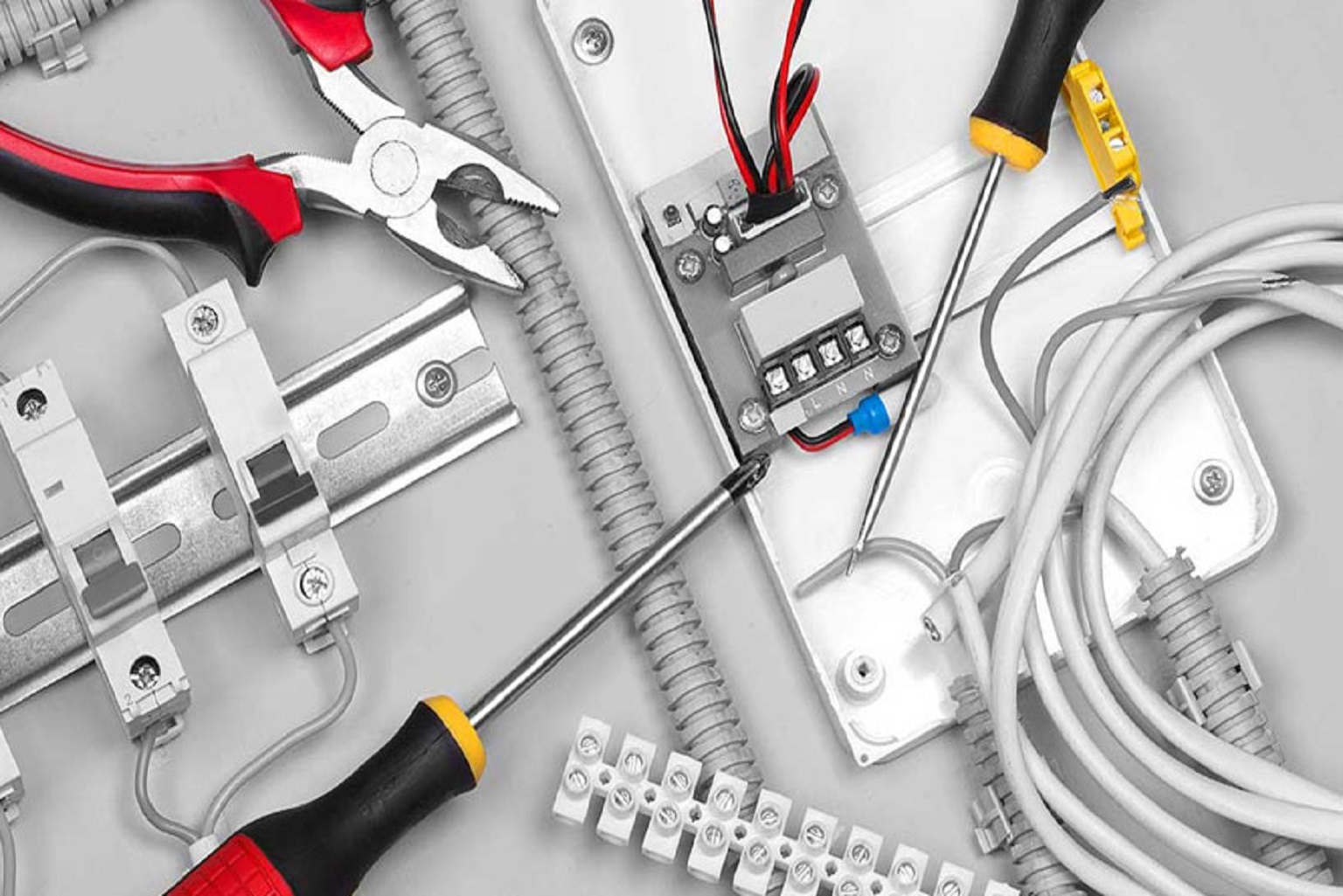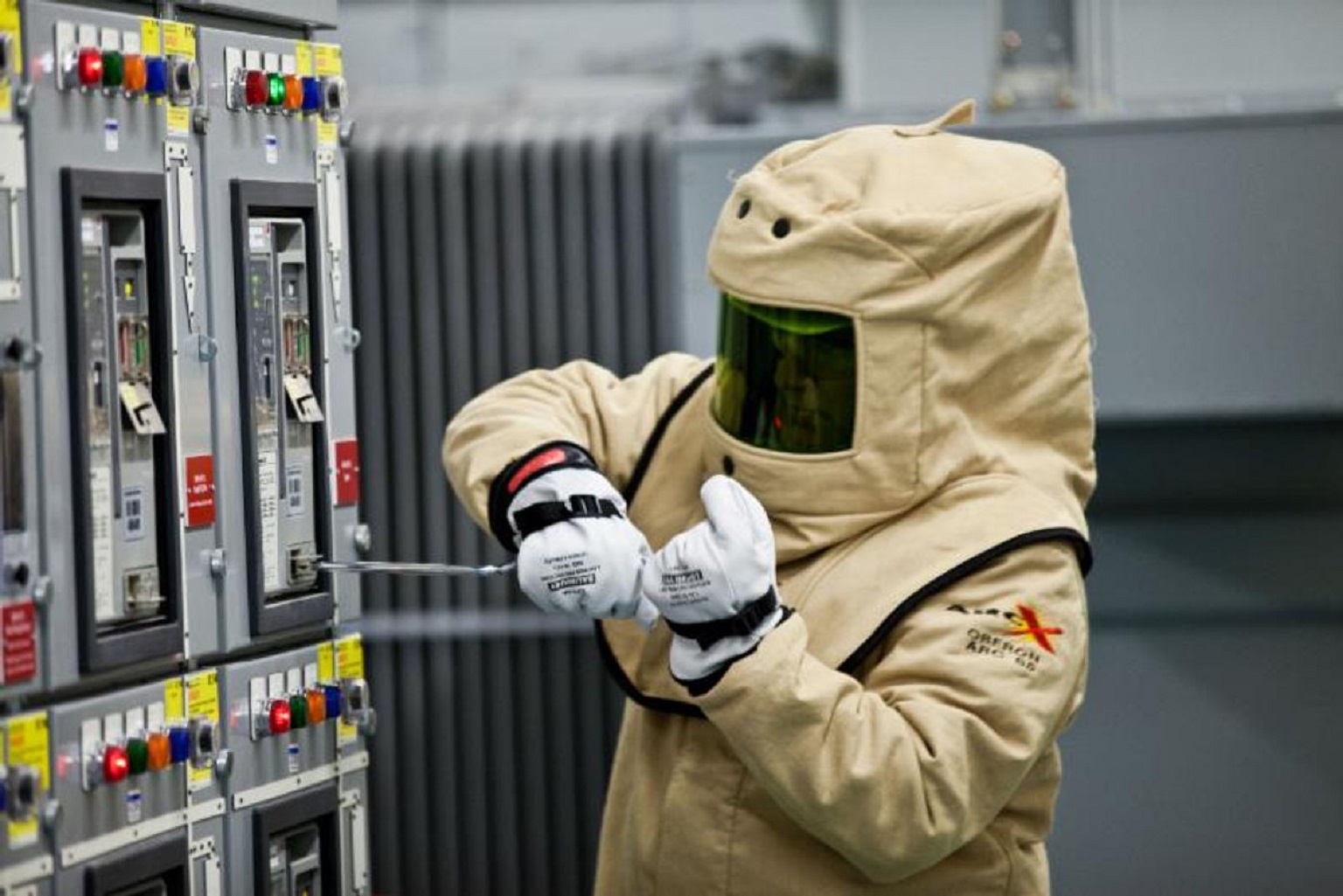Low Voltage Directive (2014/35/EU)
If you want to export electrical and similar products in European Market then your product must comply the Low Voltage Directive. The Directive applies within certain voltage limit. The latest Low Voltage Directive (LVD) (2014/35/EU) adopted and applicable from April 20, 2016 and it ensures that electrical equipment within certain voltage limits provides a high level of protection of health and safety of persons and the end users and also benefits fully from the Single Market.
Low Voltage Directive (2014/35/EU) Scope
The Low Voltage Directive apply to electrical equipment designed for use with a voltage rating of between
50 and 1000 V for alternating current (AC)
75 and 1500 V for direct current (DC)
LVD is for the safety objective

Electrical Equipment

Consumer and Professional
• power supply units
• laser equipment
• Luminaire
• certain components, e.g., relays, fuses
• Appliance couplers
• Switches
• Voltage detectors.
• adapters
The Directive applicable to standalone electrical equipment or electrical equipment’s incorporation into other equipment, within defined certain voltage limit. LVD is also applicable to the products with other Directive.

Electrical Products Not covered under LVD directive
• Electrical equipment for use in an explosive atmosphere
• Electrical equipment for radiology and medical purposes
• Electrical parts for goods and passenger lifts
• Electricity meters
• Plugs and socket-outlets for domestic use
• Electric fence controllers
• Radio-electrical interference
• Specialised electrical equipment, for use on ships, aircraft or railways
• Custom built evaluation kits destined for professionals to be used solely at research and development facilities for such purposes.
It must be noted that other consumer goods with a voltage below 50 V for alternating current, or below 75 V for direct current, cover under General Product Safety Directive. The purpose of this directive is only to ensure that safe consumer products are sold in the EU market.
Principle Elements of Safety Objectives
There are some principal elements within LVD which are safety objective for the electrical equipment designed within certain voltage limits. This principle directly affects the design and development of the products. By taking care and understanding of these rules one can easily complies the requirements of this directive. We are discussing this condition one by one
General Condition
1.recognition and observance shall be marked on the electrical equipment to ensure that electrical equipment will be used safely and in applications for which it was made,
2.electrical equipment should be properly assembled and connected, together with its component parts and made in such a way as to ensure that it can be safely used
3.electrical equipment should design and manufactured to comply the requirements set out in next two section is assured.
Protection against hazards arising from the electrical equipment
1.persons and domestic animals are adequately protected by direct or indirect contact against the danger of physical injury or other harm which might be caused
2.adequate protection against high temperatures, arcs or radiation which would cause a danger in normal use.
3.adequately protection against non-electrical dangers caused by the electrical equipment which are revealed by experience
4.the insulation is suitable for foreseeable conditions.
Protection Against Hazards
Technical measures in order to ensure that the electrical equipment
1.meets the expected mechanical requirements
2.is resistant to non-mechanical influences in expected environmental conditions
3.does not endanger persons, domestic animals and property in the conditions of overload.
The Low Voltage Directive is a key piece of legislation in the EU that helps to ensure a high level of health and safety protection for workers and the public. It helps to create a level playing field for manufacturers operating within the EU and provides assurance to consumers and regulators that electrical equipment is safe and suitable for use.




